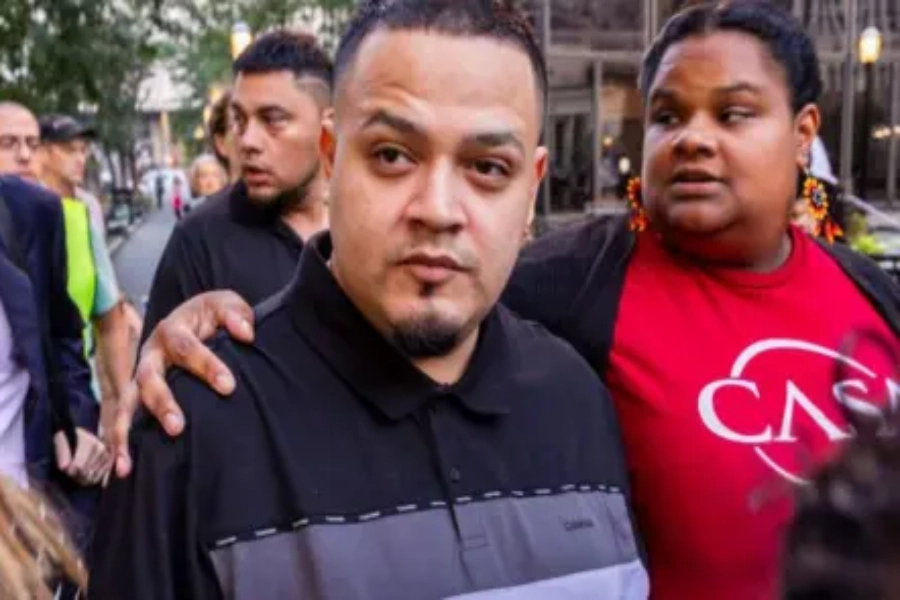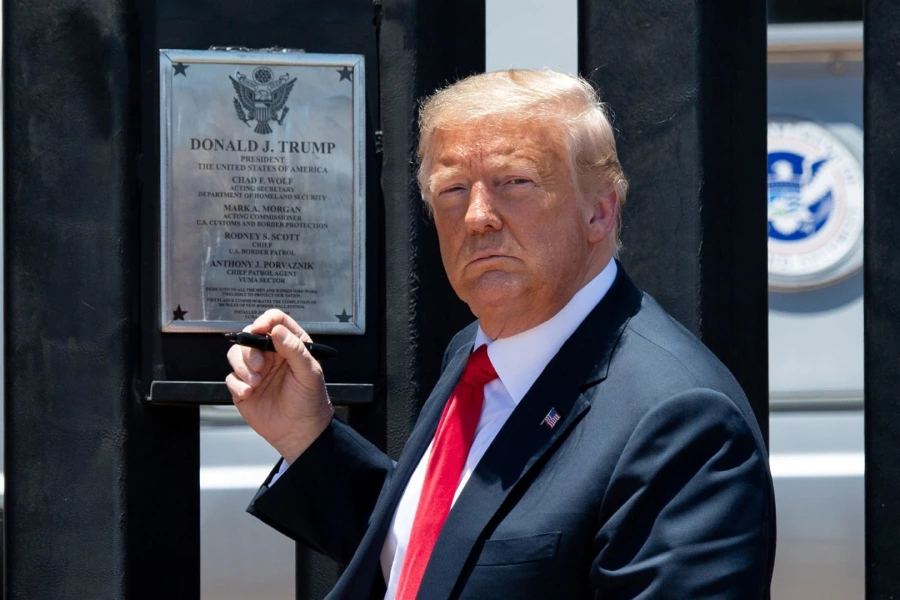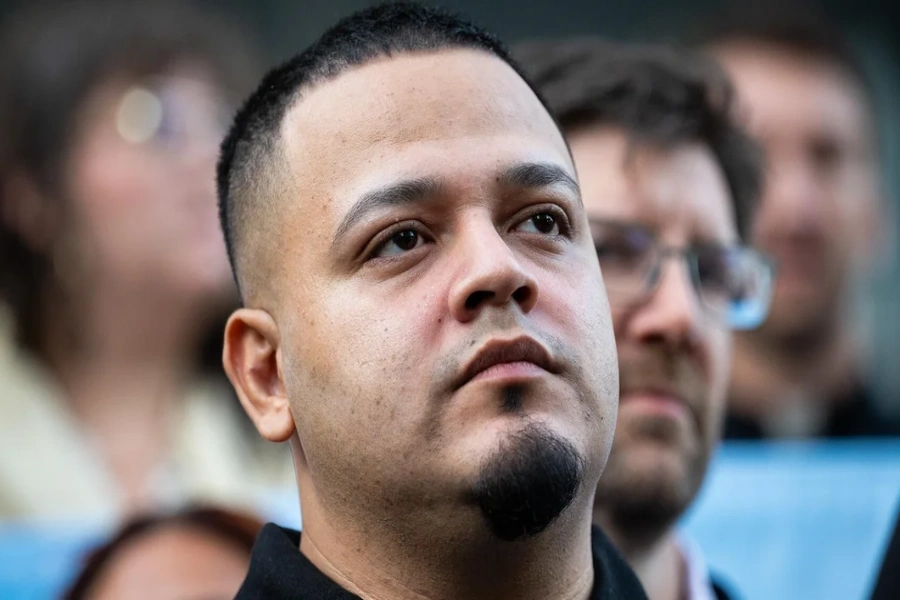The story of Kilmar Abrego Garcia has become one of the most talked-about immigration cases in 2025. This Salvadoran man, who built a life in Maryland with his American wife and child, now faces removal to Eswatini Africa a country where he has never lived and holds no citizenship. Below we break down the background, legal controversies and human-rights implications of this unprecedented deportation plan.

Who Is Kilmar Abrego Garcia and Why Is He Facing Deportation to Eswatini Africa?
Kilmar Abrego Garcia entered the United States illegally around 2011 as a teenager. He later married a U.S. citizen and has a child. Despite this, he has been at the centre of repeated immigration actions, including a mistaken deportation to El Salvador in March 2025 that left him imprisoned in the notorious CECOT “terrorism confinement” centre.
After a court order forced his return to the U.S. in June, federal prosecutors charged him with alien smuggling based on a 2022 traffic stop a charge his attorneys call vindictive and selective. Now ICE has announced a new plan to deport him to Eswatini Africa, even though he has no ties there.
Why Did the U.S. Choose Eswatini Africa as a Country of Removal?
Eswatini Africa (formerly Swaziland) is the last absolute monarchy on the continent. Earlier in 2025 the Trump administration quietly negotiated deals with several countries to accept non-citizen deportees. A small group of men from Asia and Latin America convicted of violent crimes has already been sent to Eswatini Africa, where attorneys allege they are being held incommunicado.
The ICE email to Abrego Garcia’s lawyers admitted he had expressed fear of persecution or torture in Uganda and more than 20 other countries but said those claims were “hard to take seriously.” Nonetheless, it informed them that Eswatini Africa would now be his designated removal country.

Legal Barriers to Deportation From the U.S. to Eswatini Africa
A 2019 U.S. immigration court ruling barred deportation of Abrego Garcia to El Salvador after finding credible threats from gangs there. That protection should also apply to any country where he could face persecution. Deporting him to Eswatini Africa raises significant legal questions:
-
Third-Country Transfers: U.S. law allows removal to a third country only if that country is willing to accept the person and if removal does not violate international treaties such as the Refugee Convention or the Convention Against Torture.
-
Due Process Concerns: Abrego Garcia’s mistaken deportation to El Salvador and his imprisonment there strengthen his asylum claim and his argument for a fair hearing.
-
Evidence Standards: Government allegations that he belongs to the gang MS-13 have been described by judges as “slim” and “bordering on fanciful.” Without credible evidence, gang membership cannot justify deportation or bar asylum.
Asylum and Human Rights Analysis: Could Eswatini Africa Be Unsafe?
Under U.S. asylum law, a person must show a “well-founded fear” of persecution. Although Abrego Garcia has not lived in Eswatini Africa, sending deportees with no ties there may violate the principle of non-refoulement if they face a substantial risk of mistreatment. Reports from lawyers representing earlier transferees suggest harsh detention conditions and lack of legal recourse in Eswatini Africa’s prison system.
Political and Public Reactions to the Eswatini Africa Deportation Plan
Labour unions and immigrant-rights groups, including CASA, have rallied around Abrego Garcia. They argue the administration is misusing gang allegations and deportation agreements with Eswatini Africa to circumvent U.S. asylum protections. Social-media posts from administration officials mocking his fears have drawn criticism from civil-rights advocates and legal scholars.
Former U.S. Attorney Barbara McQuade has pointed out that even if someone were a gang member, that fact is usually irrelevant to a smuggling case and could be excluded in court as more prejudicial than probative. This undermines the government’s narrative and strengthens Abrego Garcia’s defence.
The Future of the Case: Will the Courts Block Removal to Eswatini Africa?
A federal judge in Maryland has already paused any deportation to Uganda until at least next month. Abrego Garcia remains in ICE custody in Virginia while his lawyers fight both his criminal charges and his immigration case. If the immigration court reopens his case, it could void the 2019 protection order, giving the government a chance to deport him to El Salvador or another country including Eswatini Africa unless the court explicitly bars it.
His attorney Simon Sandoval-Moshenberg insists that “if Mr. Abrego Garcia is allowed a fair trial in immigration court, there’s no way he’s not going to prevail on his claim.” Human-rights experts agree that sending him to Eswatini Africa without a thorough review would set a troubling precedent.
Conclusion
The plan to deport Kilmar Abrego Garcia to Eswatini Africa highlights the Trump administration’s broader policy of using third countries to offload migrants who cannot legally be sent back to their home nations. It raises fundamental questions about due process, international law and the limits of executive power in immigration enforcement.
Whether or not the courts block his removal, this case will shape future debates about the legality and morality of deporting non-citizens to countries like Eswatini Africa where they have no ties and no guarantees of safety.

